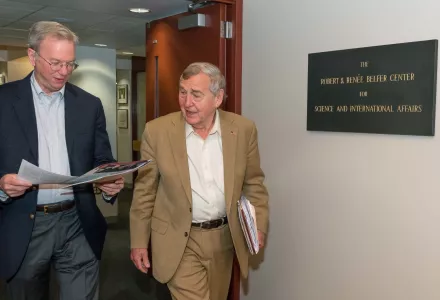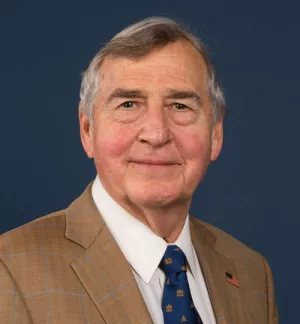
In The Wall Street Journal recently, a man named Bob Greene related how he reconnected with his first-grade teacher, Patti Ruoff. After stumbling upon a black-and-white photo of his teacher as a little girl, Mr. Greene, now an author, called Ms. Ruoff—twice widowed and 88 years old—out of the blue to thank her for instilling in him the love of reading. Their exchange gave me goosebumps:
I said that if I’ve ever written a graceful sentence, if I’ve ever appreciated a turn of phrase in a good book, if I’ve ever found comfort in a beautifully told story, it all began with her. I told her that hundreds of other boys and girls who once passed through her classroom likely have reason to be just as grateful. And I told her I was sure that many other men and women, now grown, must have called to thank her over the years.
There was a slight pause, and then she said: “None.”
She said: “No one ever has.”
That story got me thinking about a professor who taught me Ancient Greek when I was a freshman at Davidson College. Much of that course consisted of learning a new alphabet, vocabulary, sentence structure, and grammar. But Professor Laban dangled a “prize” for those who studied hard and excelled: reading Thucydides.
I can still hear the exuberance and reverence in his enunciation: Thucydides! For Professor Laban, classical Greece represented the first great steeple of civilization. Thucydides, he taught us, was not only the father of history but also the pioneer of what we now call realpolitik, or realism, in international relations. Since I was a budding student of world politics, I became all the more determined to claim Professor Laban’s prize—which I ultimately did.
When I became Dean of Harvard’s Kennedy School, my dad joked that he had sent his son away to study at Harvard and he had still not left school to get a real job. By his calculation, I was entering the 28th grade. Today, as I finish 71st grade and publish a book that draws heavily on Thucydides—Destined for War: Can America and China Escape Thucydides’s Trap?—I have thought often about Professor Laban. Did I ever thank him directly for sharing his love of learning with me?
Giving proper thanks to those who taught and inspired me is just one of many pursuits I look forward to giving higher priority as I begin to think about rebalancing my mindshare after handing the Center’s reins to Ash Carter and Eric Rosenbach on July 1. Lest there be any doubt: I am not retiring. Indeed—freed from administrative duties—I look forward to being more productive in thinking, writing, teaching, and being a better mentor.
At the top of my immediate agenda will be pushing Destined for War as a vehicle for promoting its key ideas. Unless and until thinking Americans—and Chinese—understand that the current relationship poses a grand historic challenge of Thucydidean proportions, we will never summon the strategic imagination and courage to do what is required to escape a trap that has led many predecessors into war.
I have agreed with Ash and Eric that I will chair the Belfer Center’s International Council and serve as the primary point of contact with a number of the non-resident senior fellows. I am especially looking forward to having more time and energy to advance the Applied History Project, which I co-direct with Niall Ferguson; the China Working Group, which I co-chair with Larry Summers and Hoss Cartwright; and the Stanton nuclear security program of which I am the principal investigator.
In sum: I am handing the baton to Ash and Eric for the next lap of the race, confident that the best for the Belfer Center is yet to come.
“From the Director.” Belfer Center Newsletter, Belfer Center for Science and International Affairs, Harvard Kennedy School (Summer 2017).













